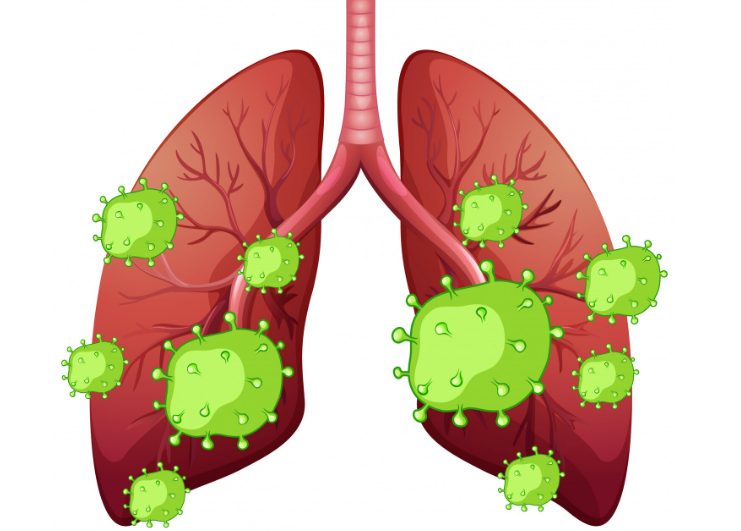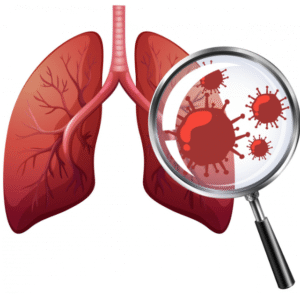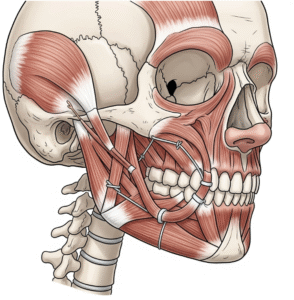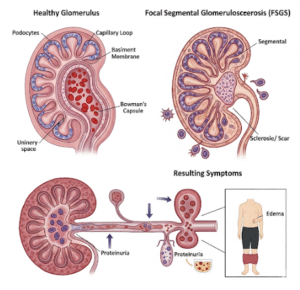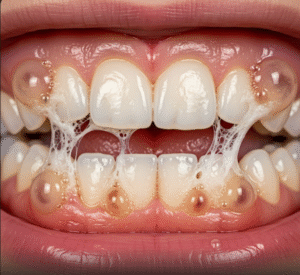Overview
Diphtheria is a serious bacterial infection caused by Corynebacterium diphtheriae, primarily affecting the throat and upper respiratory tract. It can lead to breathing difficulties, heart complications, and nerve damage. In Korea, widespread vaccination programs have made diphtheria rare, but awareness, rapid diagnosis, and treatment remain essential, especially for travelers and unvaccinated populations.
What is Diphtheria?
Diphtheria is an infectious disease that spreads through respiratory droplets from an infected person. The bacteria produce a toxin that can damage the heart, nerves, and kidneys, in addition to causing a thick gray coating in the throat that can block airways. Vaccination is the primary preventive measure.
Symptoms
- Sore throat and hoarseness
- Thick, gray coating on the tonsils, throat, or nose
- Swollen glands in the neck (bull neck appearance)
- Fever and chills
- Difficulty breathing or swallowing
- Fatigue and weakness
- Nasal discharge (sometimes with blood)
Causes
- Infection with Corynebacterium diphtheriae
- Spread via coughing, sneezing, or close contact with an infected person
- Unvaccinated individuals are most susceptible
Risk Factors
- Unvaccinated or partially vaccinated children and adults
- Travelers to regions with low vaccination coverage
- Close contact with infected individuals
- Crowded living conditions
Complications
- Myocarditis (inflammation of the heart)
- Peripheral neuropathy or paralysis
- Respiratory obstruction due to thick membrane in throat
- Kidney damage
- Death if untreated, particularly in children
Prevention
- Routine DTaP vaccination in children (diphtheria, tetanus, pertussis)
- Booster doses (Td/Tdap) for adults
- Avoid close contact with infected individuals
- Good hand hygiene and respiratory etiquette
Treatment Options in Korea
Diagnosis
- Throat swab culture to confirm Corynebacterium diphtheriae
- Polymerase chain reaction (PCR) testing for toxin-producing strains
- Blood tests to monitor organ function (heart, kidney)
Medical Treatments
- Diphtheria antitoxin to neutralize the toxin
- Antibiotics (such as penicillin or erythromycin) to eradicate the bacteria
- Supportive care for breathing difficulties, heart complications, and nerve involvement
- Hospitalization for severe cases
Rehabilitation and Support
- Monitoring for long-term heart or nerve damage
- Respiratory therapy if airway was blocked
- Education on vaccination schedules and prevention

